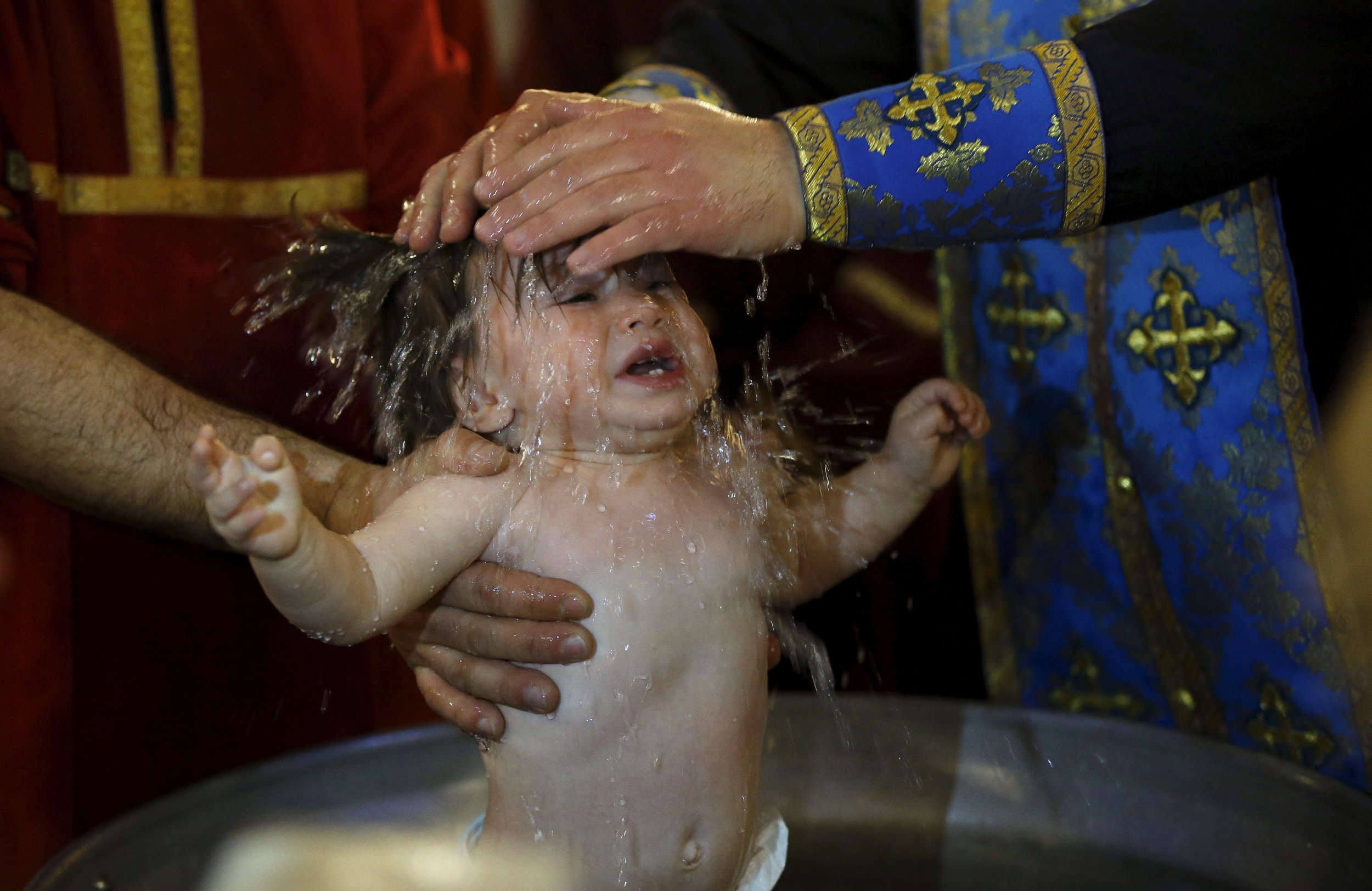
Sacraments could be administered online for the first time in history by the Church of Scotland.
The Church—known as the Kirk—has denied that the move is an effort to boost its membership, which fell by almost a third between 2004 and 2015.
Drafted by the Legal Questions Committee, responsible for advising the Church's law-making body, otherwise known as the General Assembly, on questions of constitutional and church law, the drafted report also recommends the re-examination of voting rights at congregational meetings.
"As fewer people join up in the traditional sense, questions arise about online membership and even about access to the sacraments while not being physically present in the congregation," the drafted report says. "There are no easy answers to some of the questions, but the committee believes that now is the time to open up a wide-ranging discussion."
Reverend Norman Smith, vice-convener of the Church of Scotland's Mission and Discipleship Council, denies that the proposals are in any way related to dwindling membership numbers.
"This is not a membership drive and I'd like to be clear on that. The real question is how do people connect to the church in the digital age? So that's the discussion we are having," he tells Newsweek. "There are people, who, for a number of reasons can't get to church but still feel very much part of the community and we want to be as inclusive as we can."
However, not all ministers back the Church of Scotland's emphasis on digital forms of communication.
"The notion of online baptism is as ridiculous as the notion of online weddings or online communion," Reverend David Robertson, moderator of the Free Church of Scotland, tells Newsweek. "At best, it is a cheap gimmick, at worst it comes across as yet another desperate attempt by a declining national church to shore up its numbers and justify its existence. The Church would be better returning to the word of God and seeking to be that Church which is the pillar and ground of the truth, rather than a virtual church, with a virtual membership engaging in virtual signalling."
A Church of Scotland spokesperson said that the emphasis on online engagement does not mean that baptism will be administered online: "Online baptism would represent a very radical departure from current church practise," he tells Newsweek. "It is important to emphasise that the Legal Questions Committee isn't putting forward any such proposals at this time. We recognise, however, that some congregations are already engaged in creative work, broadcasting their services on the Internet and enabling worshippers to participate from a distance. In this context, the Church needs to give careful consideration, determining the parameters of what can properly be done."
This article has been amended to include a response from the Church of Scotland. The article has also been amended to make clear that the Church of Scotland is not proposing to introduce or debate online baptism at its General Assembly meeting next week.
Uncommon Knowledge
Newsweek is committed to challenging conventional wisdom and finding connections in the search for common ground.
Newsweek is committed to challenging conventional wisdom and finding connections in the search for common ground.
About the writer
To read how Newsweek uses AI as a newsroom tool, Click here.








